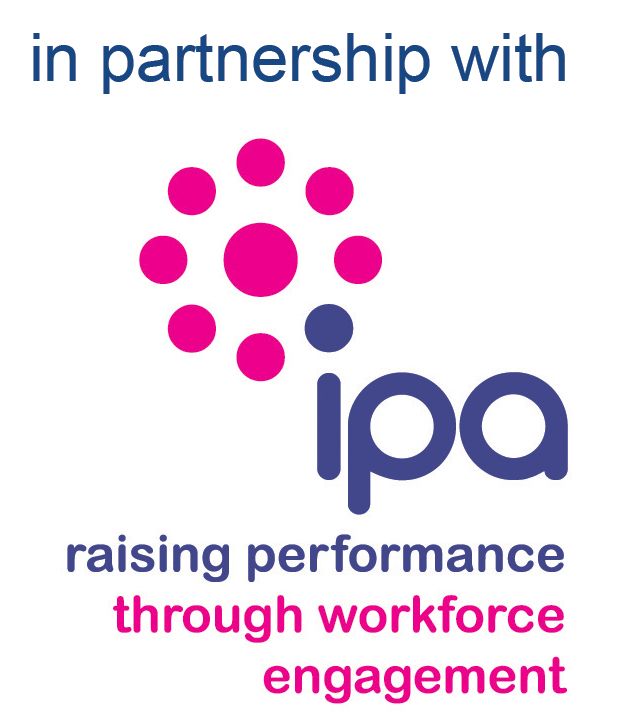Background and context
Prince is the Integrated Care Transformation Senior Manager within the Royal Borough of Windsor and Maidenhead (RBWM), based in the Frimley ICS. His role focuses on integrating the services available to people in the community by encouraging collaboration and developing streamlined support. The key aim of personalisation in the RBWM is to empower residents to make decisions about their health that fit best with their lifestyle and priorities. The RBWM hopes to achieve this by encouraging organisations to provide a minimum standard of service that allows residents to know what they can expect when accessing health, social care and voluntary services.
Prince, along with colleagues working locally and throughout the ICS, attended the regional Leadership for Personalised Care programme in 2021. This came at a time when place-based teams within the ICS, such as the RBWM, were accelerating their local personalisation journey. RBWM collaborates closely with the wider Frimley ICS through sharing key learnings, best practice and innovation.
The impact of the programme
By taking part in the programme, Prince developed his understanding of the importance of collaborative working to ensure local services are supporting one another to deliver a personalised approach. Therefore, he has encouraged organisations to increase their levels of collaborative working. By improving collaboration, people working across the system can achieve a seamless level of service, capable of delivering personalised support.
The personalisation journey
The RBWM are at the developing stage of their personalisation journey. Since attending the programme, Prince has focused on developing relationships and preparing the local community for personalisation. He has established a local personalisation group, which engages in regular personalisation meetings. Attending these meetings are individuals working for the NHS, voluntary and community sector organisations, Local Authority, and on some occasions individuals from the local community. The first task for the personalisation group was to develop Terms of Reference, outlining the goals of the personalisation agenda and their roles and responsibilities. The first draft of the Terms of Reference was signed by 17 stakeholders from a range of sectors involved in the personalisation group.
‘[The terms of reference] is very much saying “how do we bring ourselves together”, “how do we make sure that we empower, train, educate ourselves so that we are able to deliver personalised care?”’
The group also developed a local ‘Maturity Matrix’, a framework that is used to track the system’s progress towards fully embedding personalisation. The framework was developed from the principles of personalisation shared through the Leadership for Personalised Care programme, the NHS long-term plan, the NHS England Memorandum of Understanding self-assessment tool, and the vision shared locally. Members of the group evaluate their organisations against the matrix to identify areas of strength and weakness, which is then shared and discussed at steering group meetings. Importantly, the matrix is also used to understand how the system is working as a whole to deliver personalisation and to identify any systemic issues that require addressing.
‘Doing the personalisation matrix in the group, it’s been really interesting to reflect on actually what other organisations have been doing and how they’ve been working… if there’s anything we can do better and take from that.’
Prince has encouraged staff to access the free bitesize programmes and masterclasses available on the Leadership for Personalised Care website. So far, there has been a high uptake of the training among staff working in social prescribing, care coordinator, and health and wellbeing coach roles. Prince hopes that these frontline roles will kickstart a gradual change in practice across the RBWM as their personalised skills increase.
‘I think personalisation training’s always really good to do every now and then. It’s one of those things we should do every few years like safeguarding… because things change constantly within the world of social work, it’s good to just remind yourself.’
He has also participated in the Alumni Action Learning Sets organised by the Personalised Care Team. These have allowed him to share their goals and the challenges they have faced, while being inspired by the journeys happening in other systems.
‘[The Personalised Care Team] had action learning sets which I got involved in. That’s been really immensely helpful… it was in a small group, and we were able to kind of talk through some of the challenges and hopes that we have for our personalisation journey.’
The future of personalisation
Prince, in collaboration with the personalisation group, hashas laid much of the groundwork to achieve the goals set out in the Terms of Reference. Prince feels that to begin delivering personalisation, a significant practice change is needed amongst staff working across the system. To help support this, an increasing number of people working across the RBWM are accessing the Personalised Care Institute training hub and ‘Frimley Academy’, a bespoke training programme designed to increase the leadership qualities of everyone in the workforce, giving them agency to understand and deliver personalised support.
There is now a less formal approach to personalisation taking shape across within local organisations. This is including working with people experiencing homelessness and Lived Experience Practitioners in mental health, as well as introducing a default reablement offer for both preventative and discharge pathways.
Moving forward, Prince plans to continue encouraging organisations to work together to increase personalisation across the system. This will include co-producing with residents, through the local personalisation group meetings, to ensure the personalisation journey is responsive to, and in the best interests of the local communities. The future for the RBWM will develop by identifying these emerging examples of personalised care and providing advice, information, support, training and practical help to staff who wish to take the next step to further embed personalisation into their professional practice.

